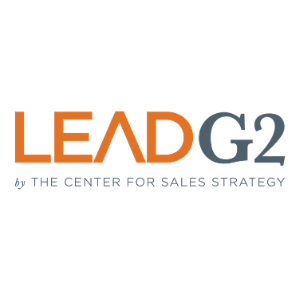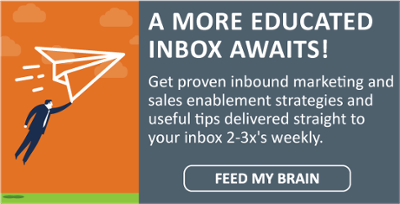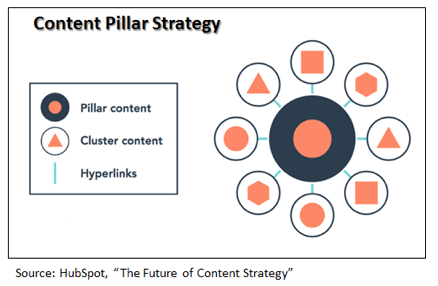Plus: Survey identifies top 20 marketing automation software features considered to be most important – what’s on your list?
 Marketing automation is a new game plan for most accounting and other professional services firms, with roots that reach into every single digital marketing asset firms use, from their e-newsletter to social media. It’s built upon a premise that not all prospects that engage with your firm are sales ready, and consequently, one of the key jobs of contemporary marketing programs is to develop and nurture that relationship until such time that the prospect is ready to become a client.
Marketing automation is a new game plan for most accounting and other professional services firms, with roots that reach into every single digital marketing asset firms use, from their e-newsletter to social media. It’s built upon a premise that not all prospects that engage with your firm are sales ready, and consequently, one of the key jobs of contemporary marketing programs is to develop and nurture that relationship until such time that the prospect is ready to become a client.
Historically, CPA firm marketing efforts have been designed to mine “bottom of the funnel” leads – prospects who have an immediate need for a firm to address a problem that needs to be solved. That’s why firms spend money on brand building, why referrals and networking are so important, and why every firm uses a “contact us” form on their website.
Are these the best types of leads? Absolutely!
But not all prospects are sales ready, and the ones that come into your firm from a referral represent only a tiny fraction of similar prospects that are looking for information or a solution. If your firm is getting enough growth and is realizing sales objectives with a bottom of the funnel-focused marketing strategy, then marketing automation is probably not something you’ll want to consider.
On the other hand, marketing automation is destined to become a key part of the way firms will structure their marketing functions. So, are you going to lead or follow?
Marketing Automation is…
If you’re looking for more visibility, more leads in your pipeline, and a better way to integrate your marketing and business development functions, than marketing automation may be the right play.
Marketing automation is:
- A combination of strategy, processes and technology that straddles both marketing and business development functions
- Built on designing strategies, tactics and activities that build relationships over time instead of solely focusing on immediately closing a sale
- A way to start building that relationship with content that is 90% informational and 10% advertorial, and over time, ends with content that is 10% informational and 90% advertorial
- Based on principles of contextual marketing that uses a combination of technology and different types of content to deliver the right message to the right target at the right time.
- Used to deliver content to prospects through a series of scheduled drip e-mails that include gated and non-gated content. Setting this up takes time and creativity, but once launched, can be hands free.
- Dependent upon software that has a broad range of functions including lead generation, prospect segmentation, lead nurturing and scoring, relationship marketing, and marketing ROI and measurement
The number of players in the marketing automation software space is staggering and is only going to grow. From HubSpot to Marketo to Infusion Soft, you can’t help but be impressed by the cornucopia of features embedded in marketing technology platforms and software.
Here’s some recent data from a survey done by Regalix that shows the types of features that are available in various software packages, as well as how those features are ranked in terms of importance.

Is Marketing Automation the Right Play for CPA Firms and Other Professional Services?
That’s the question we asked a month or so ago in a blog post.
Today, most firms have a few very basic marketing automation functions in place, like email and website analytic tools like Google Analytics. But for the most part, the professional services industries still have a long way to go before marketing automation becomes a standard part of the firm’s marketing department profile.
Firms that are looking for aggressive growth and who want to steal a march on their competitors would be wise to give marketing automation a serious look.
.png)








Leave a Comment